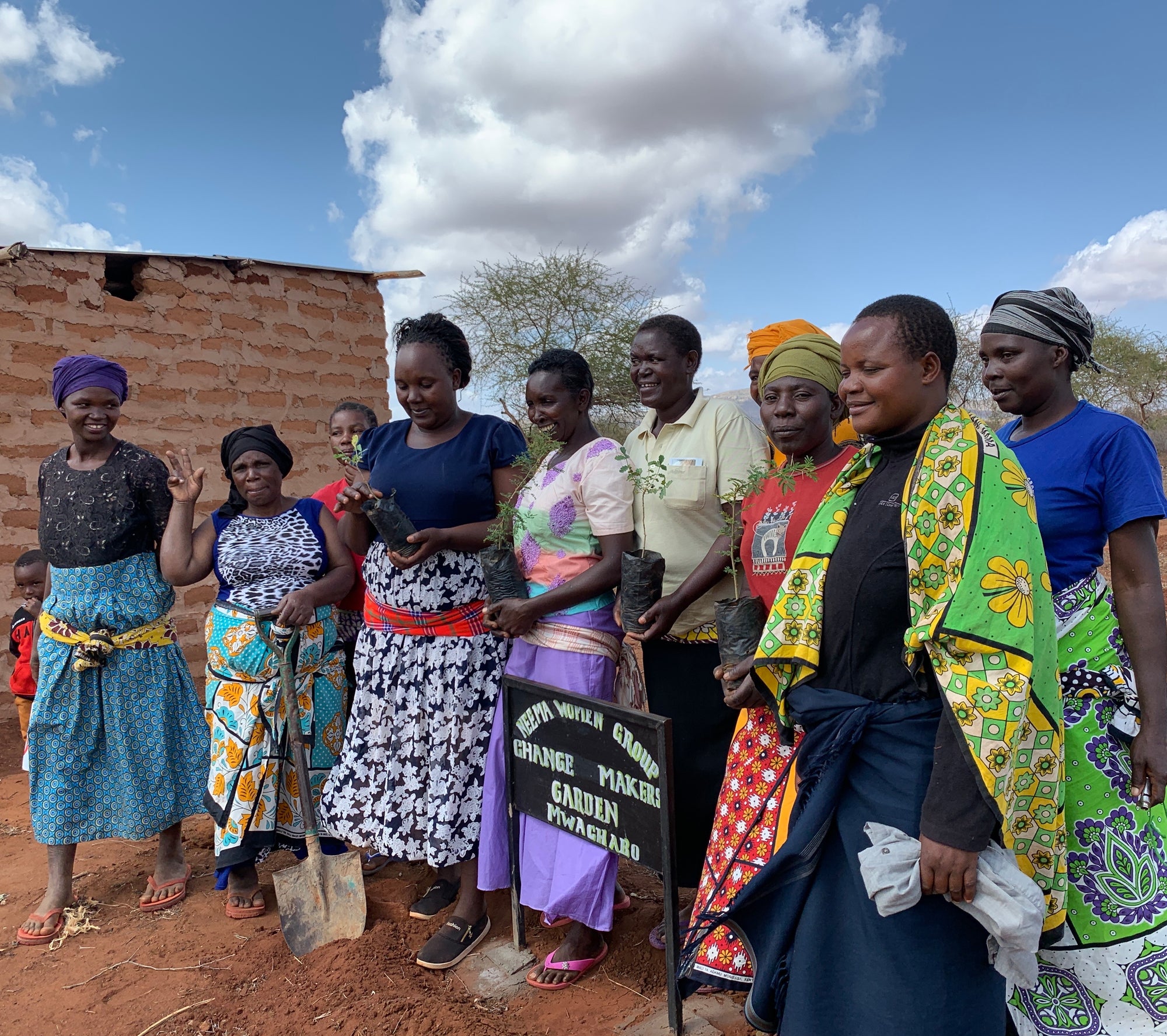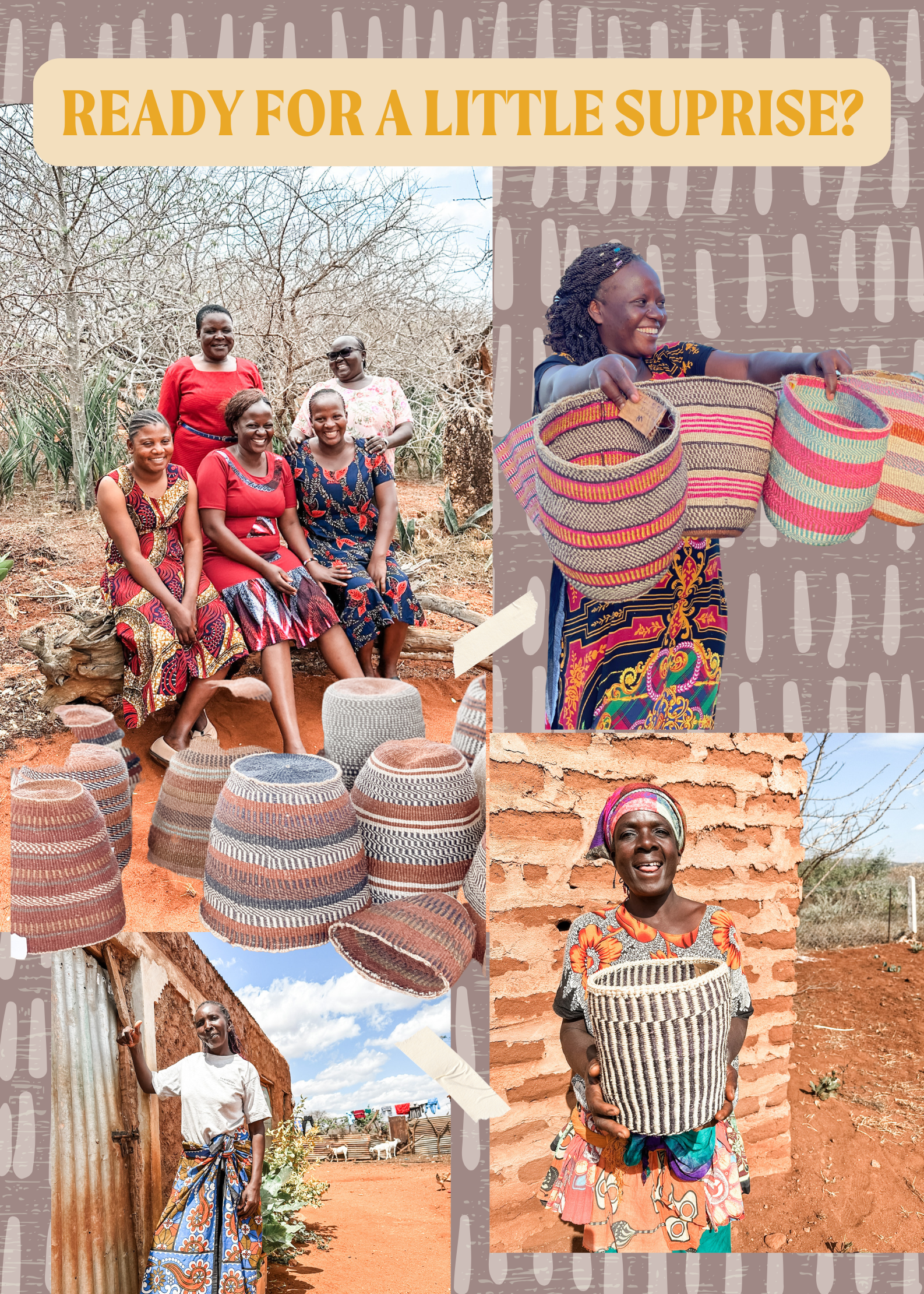

Sometimes You Need A New Roof
In sub-Saharan Africa where poverty rates are among the highest in the world, NGOs and non-profits are working tirelessly to raise women up. They do this not through charity, but through change.
The change agent comes in the form of small household loans. These no-collateral, low-interest micro-loans are used to purchase safe and eco-friendly appliances and home repair equipment to help make the women’s daily lives healthier and more efficient. The loans to can also be used help fund small revenue-producing enterprises. Often, they are used for a combination of needs.
The new cookstoves and solar lamps replace wood stoves and kerosene lamps that had been contributing to the Household Air Pollution, which affects more than 80% of Kenyans. Rain barrels save women up to 20 hours a week, time that had been spent walking to collect water. And iron sheets are used to repair leaky roofs and walls with holes.
Rural Kenyan women are forever striving to raise their families out of poverty, bearing the brunt of the health risks and time-consuming hardships. That’s where the micro-loans help.
Zawadisha, a women-owned and operated non-profit organization, is headquartered in Maungu, Kenya, located in the southeastern part of the country, about 77 miles/124 kilometers from the Indian Ocean. Zawadisha means “to give a gift” in Sawahili and was founded by Jennifer Gurecki, of Reno, Nevada, while researching women and poverty for her master’s degree thesis.
Zawadisha is a self-contained lender, raising money to distribute as loans in part through the sales from this shop that specializes in handmade jewelry, ceramics, and woven baskets sourced directly from the makers around the continent of Africa.
These products are made by African women who, like the team of women at Zawadisha, are dedicated to preserving the environment and advancing women.
Monica Makori leads the operation and is assisted by Margaret Mtuku and a team of 10 peer educators. Each month, the peer educators conduct free training on everything from permaculture and soap-making to financial literacy to rural women throughout a three-county area.
The process to receive a loan is designed to be a long one, explained Monica. The women must agree to the terms of the loan and have the financial capacity to repay.
“In our first orientation meeting, we talk to the ladies and tell them about Zawadisha and our rules,” she said. “There is no loan right away. We tell them talk to your families and let them know what we are offering. Then we wait for them to call us.”
The women who receive micro-loans through Zawadisha belong to local women’s finance groups. Zawadisha has formed strong relationships with women through these groups.
“We've been doing this work for nearly 10 years,” said Gurecki. “I’m proud that we’ve been able to help thousands of women in rural Kenya trade in toxic kerosine lamps for solar lamps; eliminate hours of walking to wells to fetch water because they now have rainwater tanks; and learn how to grow kitchen gardens and start micro-businesses because of the training we provide.”
In recent years, the effectiveness of micro-loans has come into question due to negative findings of research conducted by U.S. economists. This research focused on the use of micro-loans to fund small businesses, which too often were not successful.
But other research has since concluded that when micro-loans are used for household items, such as are Zawadisha’s, the system is extremely successful.
Simone Schaner, economics professor at the University of Southern California, conducted exhaustive research on the topic and co-authored the report, “Understanding Impacts of Financial Services on Women’s Lives: A Mixed Methods Approach in Kenya.”
“Entrepreneurship is a great avenue for some people in some contexts,” she told National Public Radio. “But not everyone is best served by having their own small business.”
Sometimes you just need a new roof.
This piece was written by Anne Marie Gattari, a cherished volunteer :)







